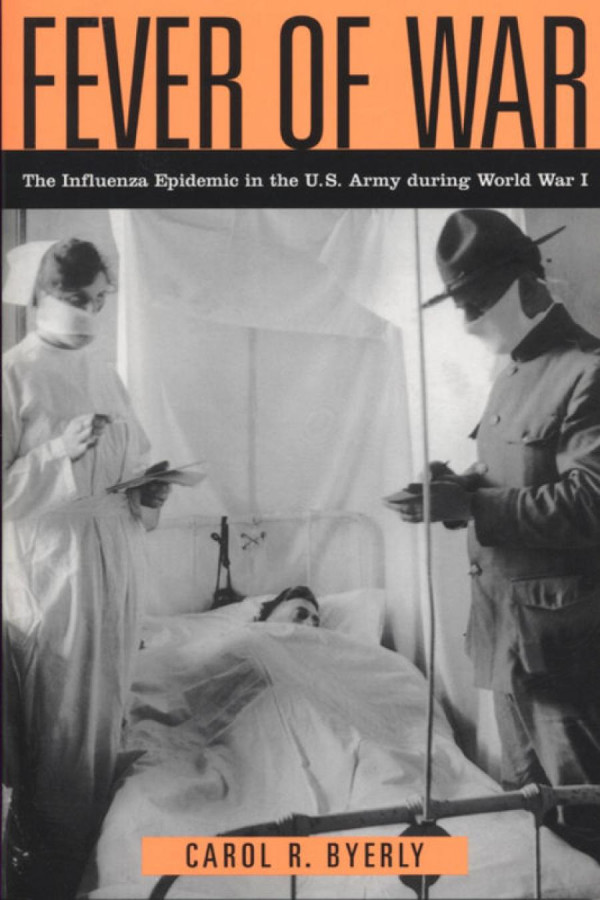

Most ebook files are in PDF format, so you can easily read them using various software such as Foxit Reader or directly on the Google Chrome browser.
Some ebook files are released by publishers in other formats such as .awz, .mobi, .epub, .fb2, etc. You may need to install specific software to read these formats on mobile/PC, such as Calibre.
Please read the tutorial at this link: https://ebookbell.com/faq
We offer FREE conversion to the popular formats you request; however, this may take some time. Therefore, right after payment, please email us, and we will try to provide the service as quickly as possible.
For some exceptional file formats or broken links (if any), please refrain from opening any disputes. Instead, email us first, and we will try to assist within a maximum of 6 hours.
EbookBell Team

4.4
102 reviewsThe influenza epidemic of 1918 killed more people in one year than the Great War killed in four, sickening at least one quarter of the world's population. In Fever of War, Carol R. Byerly uncovers the startling impact of the 1918 influenza epidemic on the American army, its medical officers, and their profession, a story which has long been silenced. Through medical officers' memoirs and diaries, official reports, scientific articles, and other original sources, Byerly tells a grave tale about the limits of modern medicine and warfare.
The tragedy begins with overly confident medical officers who, armed with new knowledge and technologies of modern medicine, had an inflated sense of their ability to control disease. The conditions of trench warfare on the Western Front soon outflanked medical knowledge by creating an environment where the influenza virus could mutate to a lethal strain. This new flu virus soon left medical officers’ confidence in tatters as thousands of soldiers and trainees died under their care. They also were unable to convince the War Department to reduce the crowding of troops aboard ships and in barracks which were providing ideal environments for the epidemic to thrive. After the war, and given their helplessness to control influenza, many medical officers and military leaders began to downplay the epidemic as a significant event for the U. S. army, in effect erasing this dramatic story from the American historical memory.